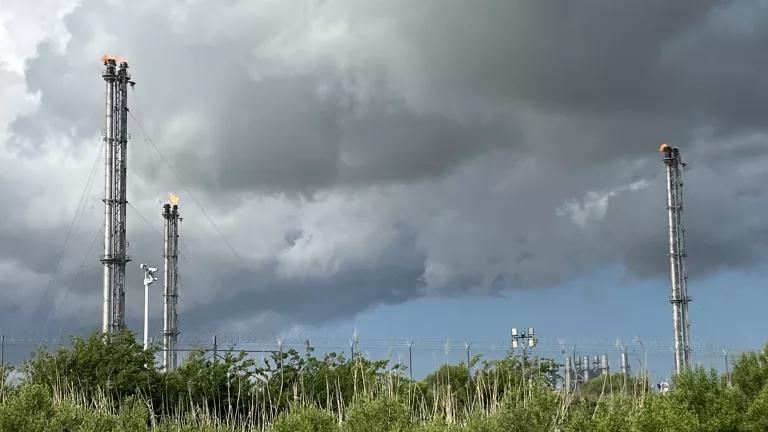A class action lawsuit filed in Arkansas this week has uncovered some very frightening information about the enormous amounts of potentially very toxic waste being generated by the oil and gas industry and how poorly it is regulated. According to a recent investigative report by ProPublica, oil and gas producers have injected 10 trillion gallons of liquid waste underground into more than 150,000 waste disposal wells in 33 states. According to ProPublica, this is often happening even when the operators know the waste disposal wells are out of compliance and could leak.
But it's not just ProPublica saying this. The article reports that a federal prosecutor stated that it is "common" for the operators of these disposal wells to try to avoid the rules--and that this can lead to contamination of drinking water.
So what happened in Arkansas? According to the lawsuit, operators are injecting oil and gas waste underground in areas that they did not lease for such injection. Landowners who claim their underground space has been violated are suing oil and gas companies. According to the lawsuit, the waste can travel underground for miles --in all directions. It turns out that some of this oil and gas waste was not even staying in the formation where it was injected. It was migrating into a neighboring formation. The only reason anyone knows this is because the neighboring formation was being tapped for natural gas extraction, and the waste was found in gas wells.
The lawsuit and the ProPublica report add to the growing evidence that oil and gas waste in the U.S. is not sufficiently regulated. Not only are the rules too weak, thanks to Congress giving the industry a free pass to pollute years ago, but those on the books are not being enforced. Both state and federal regulators are overwhelmed. Even when violations are found, the penalties are so small that they are not an incentive for companies to clean up their act.
NRDC opposes expanded fracking until effective safeguards are in place. Closing the oil and gas loopholes in our toxic waste laws is just one of the necessary steps toward putting those safeguards in place.



